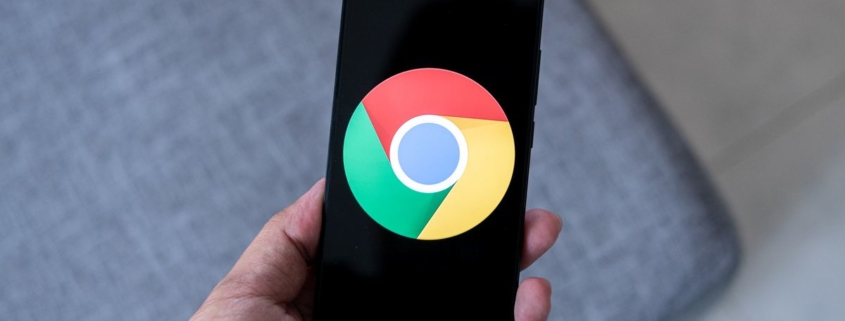Google Reveals Android Security Update That Even Beats iPhone
The clear differences between Android and iPhone are narrowing quickly—and the latest Google update has just reduced that gap even further…
Android dials app security up to 11 with new quarantine feature
It’s already clear that Android 15 will be a huge step forwards for users on the security and privacy front. The gap between iPhone and Android is closing fast, with little to choose between features and hardware. Apple’s privacy and security credentials have remained one of the last standouts—but Google is catching up.
Just as with the recent revelation that Google will provide Pixel users with warnings when their cellular devices might have been tracked or intercepted—beating iPhone at its own game, we have just seen another security innovation previewed.
In fact, the latest revelation to come from the Android 15 Beta currently doing the rounds, actually beats iPhone with a neat new security feature.
This update is app quarantining. One of the areas where Android still lags iPhone is app defense—malware and device infection. Google provides Play Protect and has shored up its Play Store, but rogue apps still manage to find a way through.
Quarantining is a halfway house between letting a potentially dangerous app run wild on a device and deleting it completely. Instead, Android could quarantine an app—almost like putting it into a sandbox, where it’s contained and unable to access data or functionality that might harm the user, without resorting to deletion.
This doesn’t seem like such a material change. But because deletion is so drastic, Play Protect needs a high bar before it does so automatically. That isn’t the case with quarantining, meaning the system can act more quickly and more often.
And while this will initially be seen as soft deletion, it could evolve into a setting whereby Android can act to block apps with onerous permissions or which seem to be acting out of character. Perhaps, eventually, users could even select a general privacy/risk level and have the system act accordingly.
Android 15 could bring app quarantining



